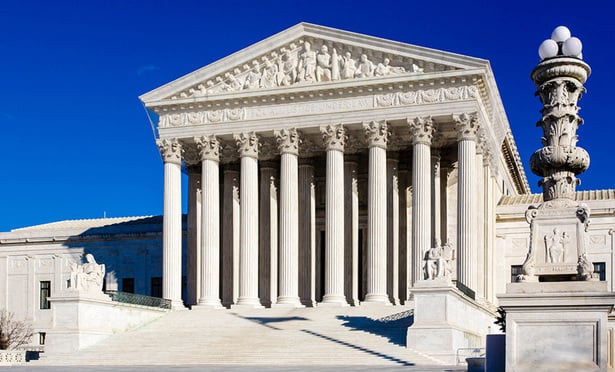Last year at this time, the American public waited anxiously to see if Brett Kavanaugh would be become the newest U.S. Supreme Court justice. Supporters and detractors alike assumed that President Trump’s newest pick would reshape the ideological composition of the court. With the addition of a new conservative justice, I opined that Justice Roberts’ bona fides as the court’s “new centrist” would be tested, not just in the marquis hot button issue cases such as abortion, LGBT rights, affirmative action, and immigration, but in the way the court handles the less flashy but still important procedural issues that many of the cases present.
Justice Roberts is known for caring deeply about the institutional integrity of the Supreme Court, and many centrists and progressives pinned their hopes for ideological balance on Roberts’ apparent desire to preserve the court’s image as an apolitical institution. But paradoxically, explicit calls for the court to consider institutional integrity are themselves contributing to the increased politicization of the court. Indeed, a few cases from last term show that appealing to Justice Roberts’ sense of institutional integrity can be effective. But as we approach the court’s October Term, more recent events show that the “institutional integrity” card can be weaponized.


 U.S. Supreme Court
U.S. Supreme Court




